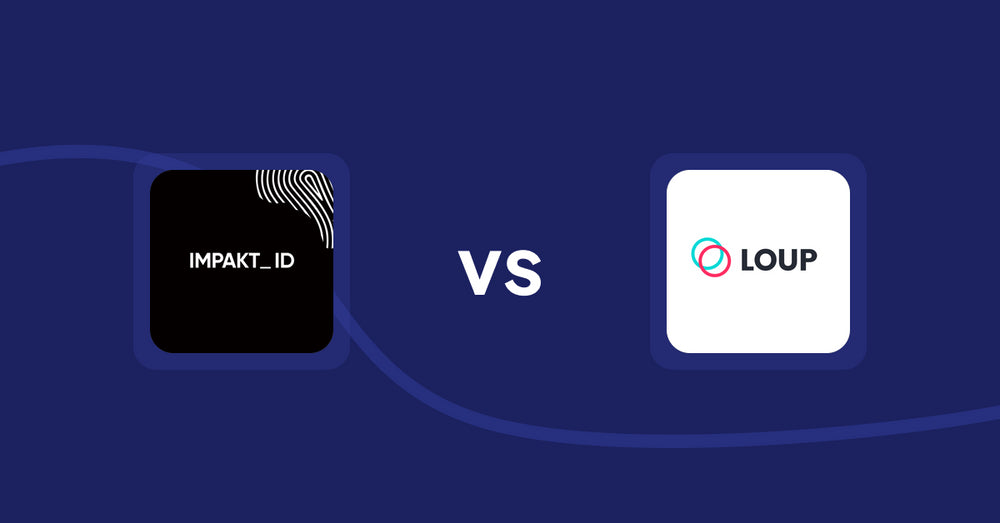Shopify Metafield Apps: Metafy vs Parameterizer

Table of Contents
- Introduction
- How Does Metafy Work?
- How Does Parameterizer Work?
- How Much Does Metafy Cost?
- How much does Parameterizer cost?
- Cost Analysis: Metafy vs. Parameterizer
- User Reviews & Customer Support Insights
- Integration and Compatibility Comparison
- Conclusion
Introduction
In the world of e-commerce, the ability to customize and enhance your store's functionality can make a significant difference in user experience and sales effectiveness. Metafields, which allow store owners to add custom data fields to their products and collections, have become increasingly important. Metafield apps streamline this process, providing valuable options for Shopify merchants. In this analysis, we will explore two Metafield apps—Metafy and Parameterizer—discuss their capabilities, ease of integration, and their unique impacts on overall customer interactions.Metafy offers an extensive range of features, enabling merchants to seamlessly enrich their Shopify store through a variety of custom fields without the hassles of development costs. In contrast, Parameterizer focuses on enhancing product search and selection in large collections, providing an efficient interface for handling diverse product parameters. Let’s dive deeper into how each app functions.
How Does Metafy Work?
Metafy is designed to enhance a Shopify store's capabilities by utilizing Shopify’s Metafields. It empowers users to create custom fields for various aspects of their store, including products, collections, and pages. The setup process is straightforward, requiring no coding experience, making it accessible for merchants at all levels.Key Features of Metafy:
-
Custom Metafields Creation: Users can easily create and manage metafields across different store elements. This is particularly beneficial for businesses seeking to showcase unique product attributes that go beyond standard fields. For instance, a craft store might want to display detailed information about handmade product materials, dimensions, and care instructions.
-
Global Application: Businesses can apply custom fields universally or to specific items. This flexibility ensures that diverse product lines can be tailored to meet customer needs more effectively.
-
Scalability: Since Metafy relies on Shopify's existing infrastructure, businesses do not have to worry about additional costs related to scaling. This is particularly advantageous for growing enterprises that anticipate significant expansion.
-
No Development Costs: There's no need for hiring developers to create complex segments for your store. This cost-effective approach is ideal for startups and small businesses looking to maximize their budget.
For example, a small boutique may choose to implement Metafy to add specific size guides for their apparel items, enhancing customer satisfaction and potentially reducing return rates. The ease of use in setting up these fields also allows for rapid deployment of new features, keeping the store competitive.
How Does Parameterizer Work?
Parameterizer serves a different niche within the Metafield space, focusing on optimizing product selections in collections with numerous items. This app is primarily designed for stores that offer a broad array of products with varying specifications.Key Features of Parameterizer:
-
Product Parameters Filtering: Users can define products by numerous parameters, making it easier for customers to find exactly what they need. This is particularly essential for stores with technical or detailed products, like electronics or machinery.
-
Search Functionality: The app enhances the ability to search products by title substrings or other criteria, streamlining the shopping experience for consumers.
-
Order Listings with Thumbnails: Users can easily view order compilations with product images, improving the shopping and selection process. This feature enables a more visual browsing experience.
While Parameterizer has its strengths, such as compatibility with specific themes and the ability to handle intricate product characteristics, its unique functionalities may be too specialized for certain types of businesses. For example, a niche apparel store might find that traditional filters and categorization serve them better than complex parameter selections.
How Much Does Metafy Cost?
Metafy excels in providing cost-effective solutions, particularly valuable for smaller businesses and startups that need to manage tight budgets while still enhancing customer experience through custom metafields.Currently, Metafy does not have a multi-tier pricing structure, which simplifies the decision-making process for users. Its free model allows businesses to utilize the app without worrying about hidden fees.
- Cost: Free
- Features: Full access to create and manage metafields for products, collections, and pages.
- Limitations: Some advanced functionalities might not be available without further development.
- Target Audience: Ideal for startups and small to medium-sized businesses looking to optimize their Shopify experiences without incurring additional costs.
- Additional Costs: As it stands, there are no additional fees associated with using Metafy, making it accessible for merchants at any level.
It is important to note that you can always reach out to our team and we can create a custom pricing plan to suit your needs and your budget. Schedule a call via this link and we’ll come up with the best solution for you and your business.
How much does Parameterizer cost?
Parameterizer has a more structured pricing model but stands at a relatively low entry point. The focus on an affordable subscription is encouraging for smaller enterprises that need sophisticated filtering capabilities in their Metafields.- Price: $11/month
- Features: Basic compatibility with Debut and Dawn themes, ability to handle multiple product parameters, and thumbnail order listings.
- Limitations: The app currently does not offer extensive features beyond basic filtering and is not designed for larger stores with more complex needs.
- Target Audience: Best suited for medium-sized businesses that require efficient filtering options but may not need comprehensive metafield customization.
- Additional Costs: There are no noted additional costs, keeping the overall expenditure predictable for users.
Cost Analysis: Metafy vs. Parameterizer
When comparing the two apps, it's essential to assess not only the financial implications but also the overall value they bring to users. Metafy, being free, provides remarkable functionality without the pressure of subscription fees, making it a solid option for all Shopify merchants.In contrast, while Parameterizer offers a variety of features at an affordable price of $11/month, its utility for businesses with specific needs may not be as comprehensive as what Metafy provides, especially for those looking to extensively customize their metafields. This distinction makes Metafy potentially the better value for various scales of operations in Metafield management.
User Reviews & Customer Support Insights
Is Metafy good?
Metafy is impressive, boasting a perfect rating of 5 stars based on 64 reviews. Users have praised its intuitive interface and broad functionality, allowing even merchants with little technical knowledge to enhance their stores effortlessly.Is Parameterizer good?
Parameterizer currently has no ratings or reviews since it was recently launched. While no direct feedback exists, potential users may appreciate its focus on product filtering. Conversely, it may raise concerns regarding its effectiveness due to the lack of user testimonials.Customer support quality can significantly influence user ratings and satisfaction. As Parameterizer lacks reviews, the feedback on customer support remains to be seen. Users generally favor apps that provide responsive and knowledgeable customer support, as this can enhance the overall experience and resolve concerns effectively.
User Preference: Metafy or Parameterizer?
Given the reviewed metrics, Metafy emerges as the more favored app, boasting positive user feedback, a stellar rating, and a feature-rich yet cost-effective solution. Parameterizer's lack of user reviews suggests a potentially less-established user base, raising questions about its reliability and effectiveness.The significant difference in ratings reflects a clearer preference for Metafy, which offers robust functionality and ease of use across various business sizes, making it an easy choice for those looking to enhance their Shopify stores.
Integration and Compatibility Comparison
Metafy Integrations
Metafy integrates seamlessly within the Shopify ecosystem, leveraging its infrastructure to bolster store functionalities. Merchants benefit from the app's ability to interconnect with existing Shopify features, enhancing their user experience without necessitating additional tools.Parameterizer Integrations:
Parameterizer integrates with tools like Ukrposhta and NovaPost, primarily focused on improving shipping processes. While these integrations provide useful functionalities, they may be less appealing to those seeking broader e-commerce enhancements. Feedback on Parameterizer's integration capabilities remains sparse, but it is crucial for users to have access to support channels and resources in order to maximize the app's potential.Conclusion
In summary, both Metafy and Parameterizer present robust options for managing Metafields in Shopify stores. However, Metafy clearly stands out with its user-friendly features, comprehensive capabilities, and its unbeatable cost-effective solution. With glowing user ratings and the advantage of being free, Metafy allows businesses to optimize customer engagement without the burden of additional costs.Whether you're a small startup or a medium-sized business, Metafy seems to be the better solution, offering significant benefits in enhancing customer interactions and streamlining operations. In comparison, while Parameterizer has its features, it does not yet offer the same level of user satisfaction or value proposition, making Metafy the preferable choice for many Shopify merchants.
Still Searching for the Perfect Customization Solution?
Stop searching and start thriving with Accentuate Custom Fields! This powerful metafield management app supercharges Shopify’s native features, giving you the tools to create a truly personalized customer experience.
Why Choose Accentuate Custom Fields?
- Advanced Customization: Unlimited field definitions, logical grouping, and custom layouts make your store one-of-a-kind.
- Enhanced Editor Experience: Effortlessly edit variant metafields, use advanced HTML and markdown editors, and sync field definitions between stores.
- Flexible Management: Import/export capabilities, automatic tagging, and comprehensive support for Metaobjects and versioning.
- 24/7 Support: If you have any questions or need assistance, our team is available around the clock to help with any custom modifications to suit your store.
Join over 12,000 merchants, including top Shopify Plus stores, who trust Accentuate for their customization needs. With a stellar 4.9-star rating, Accentuate is the go-to tool for advanced CMS needs, offering unmatched flexibility and control over your store’s content. Elevate your Shopify store with high-quality content that boosts customer experiences and conversions. Tell your story, showcase your products, and create an engaging customer journey with ease.
Experience the Accentuate difference and watch your Shopify store thrive!
Accentuate vs Competition
Explore how Accentuate Custom Fields stands out. Whether you’re aiming to customise your storefront, streamline operations or improve content management, see how we compare against the competition
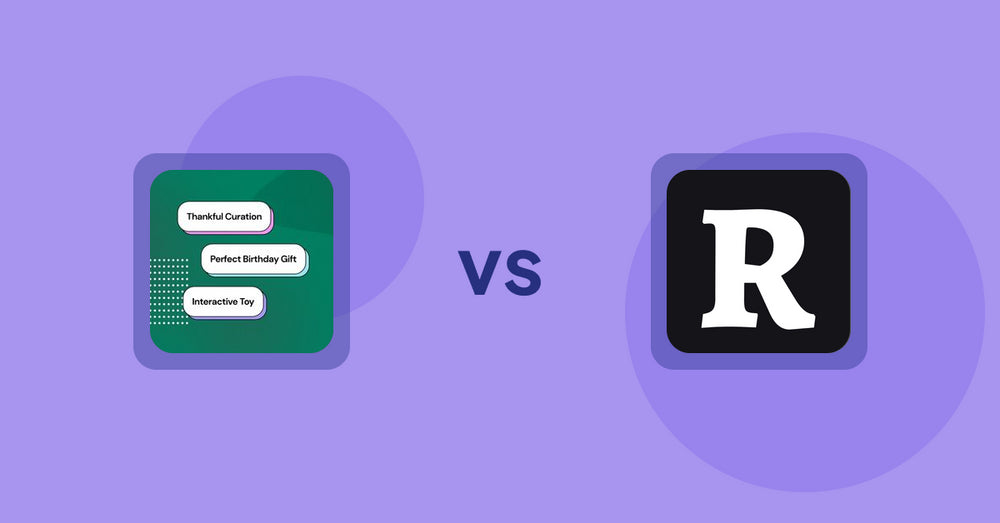
Shopify Product Display Apps: FeatureFrame ‑ Pretty Product vs. AI SEO: Top Product Features
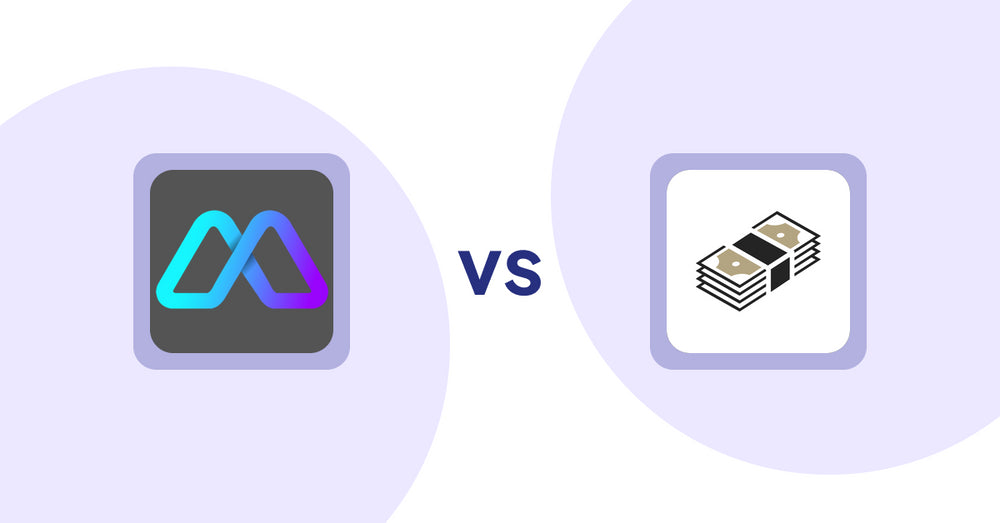
Shopify Product Display Apps: Metadrob: Create Virtual Store vs シンプルクラウドファンディング|お手軽自社クラファン
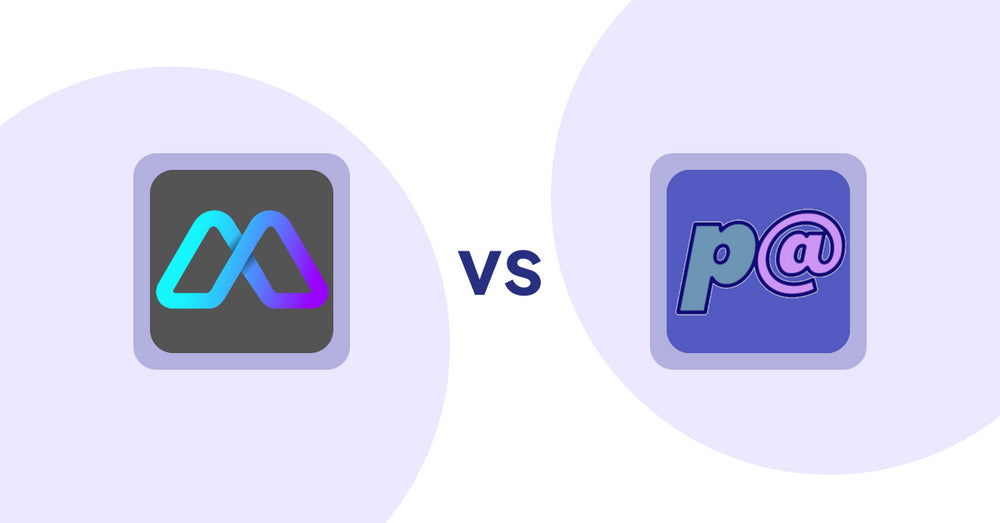
Shopify Product Display Apps: Metadrob: Create Virtual Store vs Parameterizer
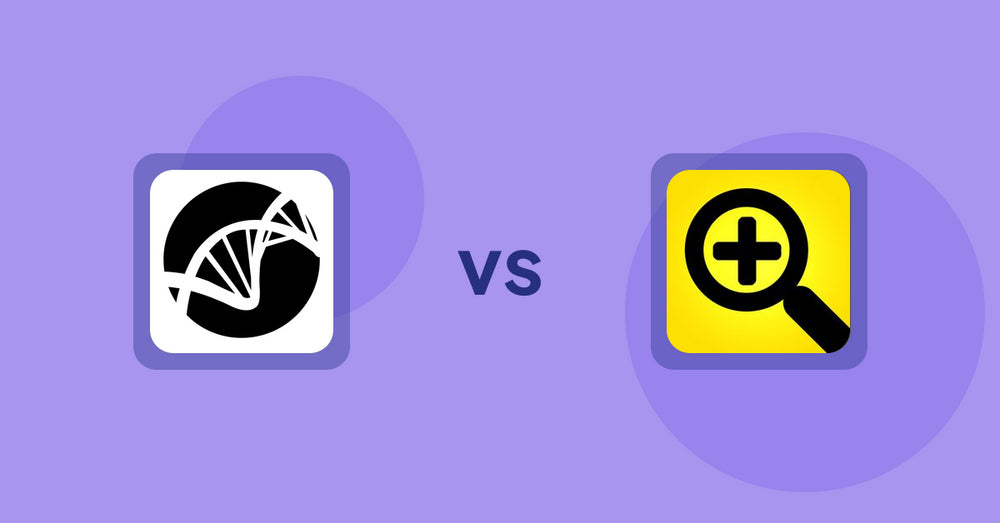
Shopify Product Display Apps: Bike Matrix vs. Fast View: Fastest Quick View
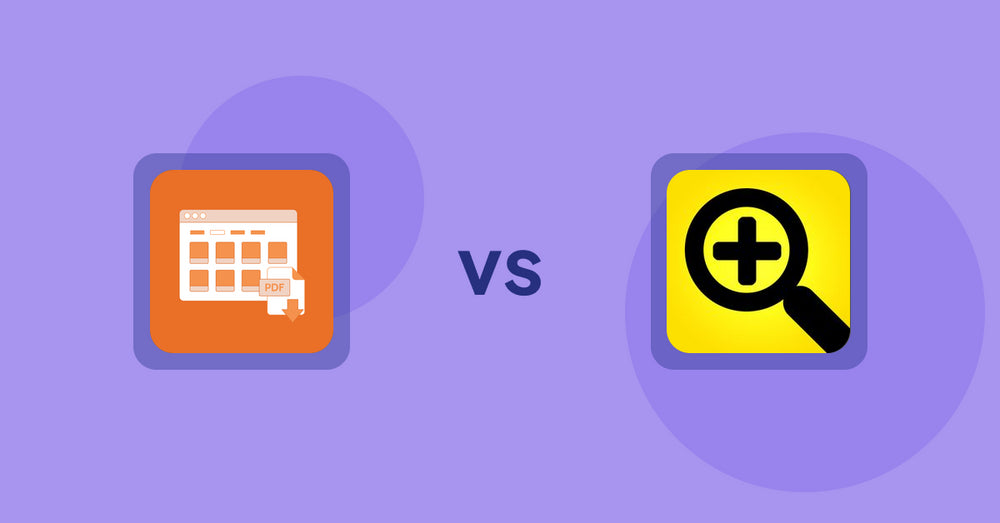
Shopify Product Display Apps: Meetanshi PDF Product Catalog vs Fast View: Fastest Quick View
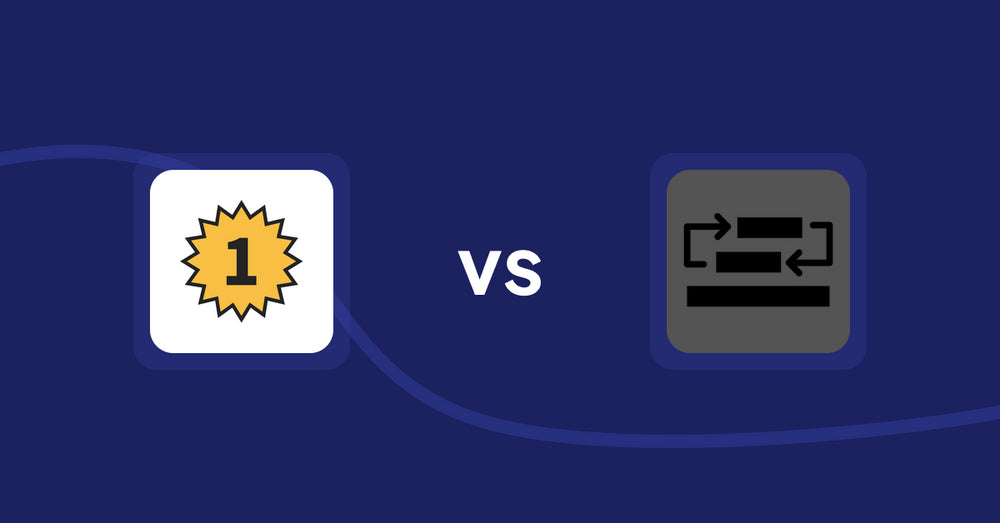
Shopify Product Display Apps: UR: Smart Ranking vs Sortyfi Collection Merchandise
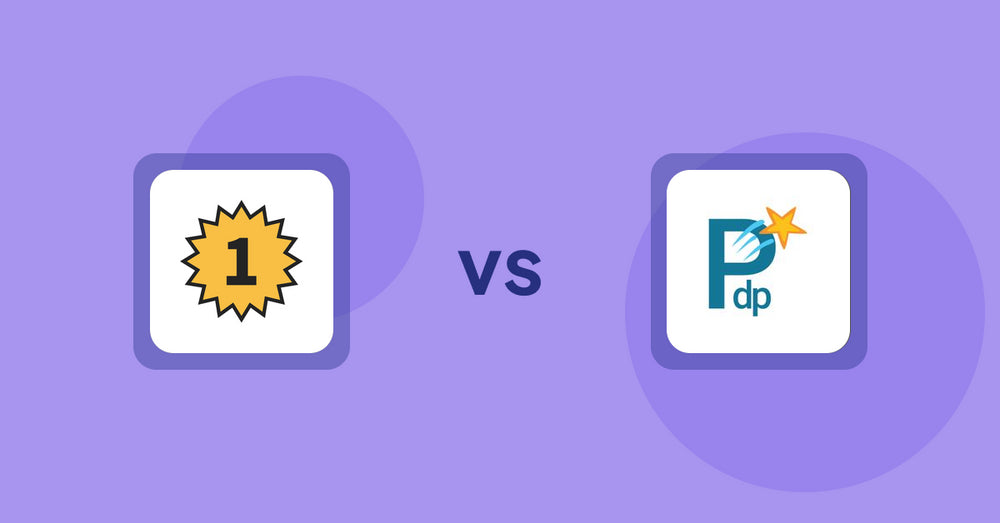
Shopify Product Display Apps: UR: Smart Ranking vs PDP Star
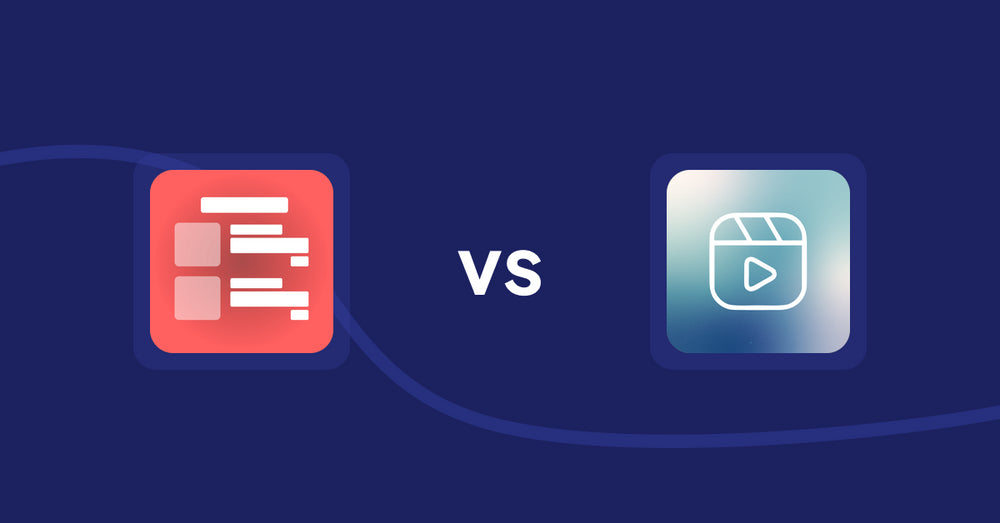
Shopify Product Display Apps: Menulog vs Reelify ‑ Shoppable Reel Video
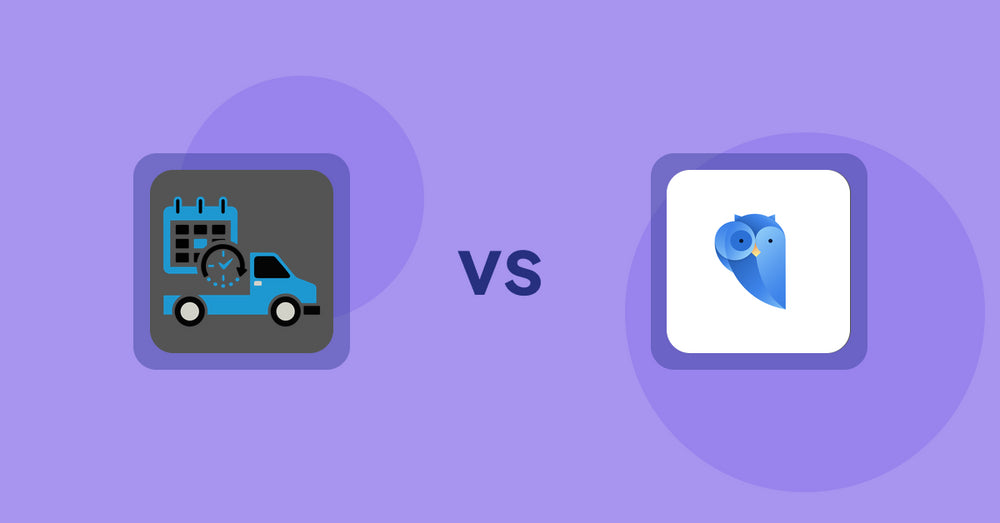
Shopify Product Display Apps: H3 Estimated Delivery vs Findify Search & Merchandise
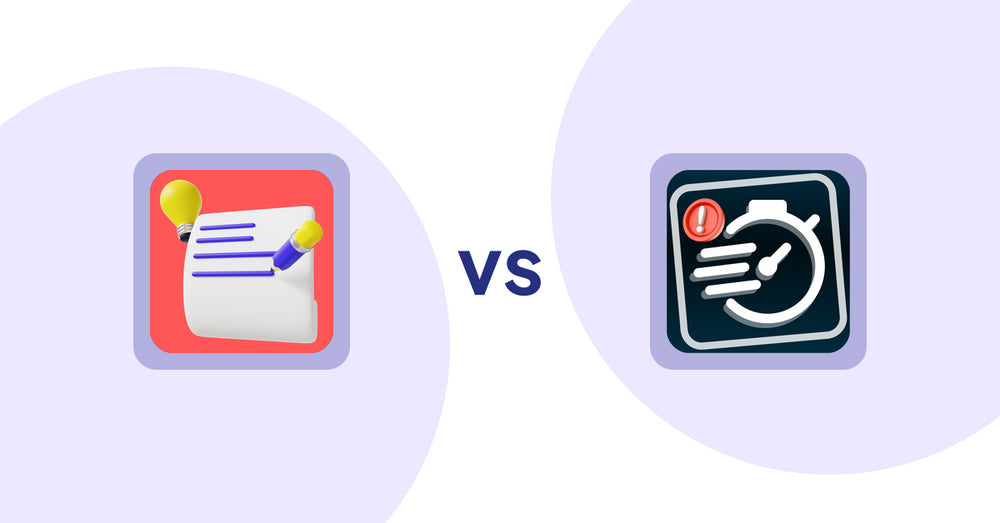
Shopify Product Display Apps: Wordo ‑ ChatGPT AI Description vs Urgency! Low Stock Counter
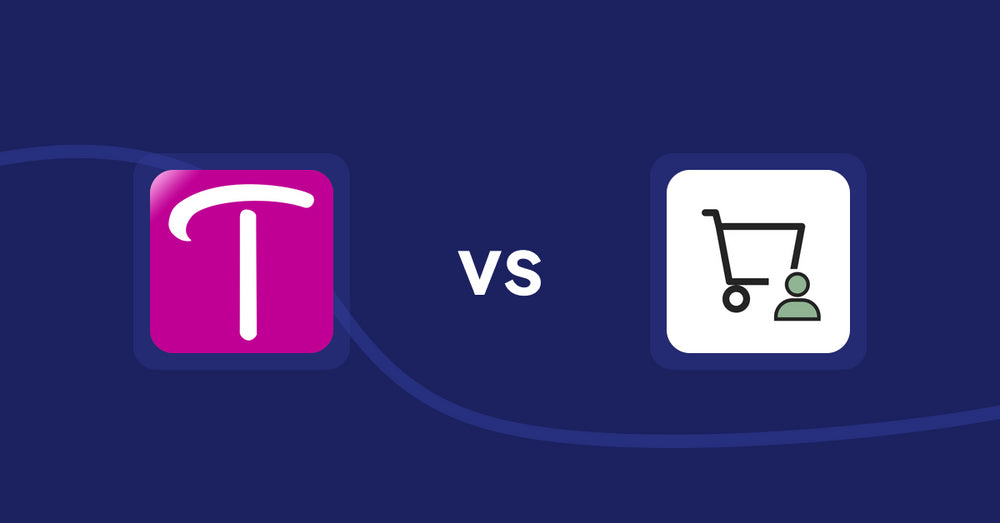
Shopify Product Display Apps: WS Transparency vs シンプル会員注文割引|お手軽ログインセール設定
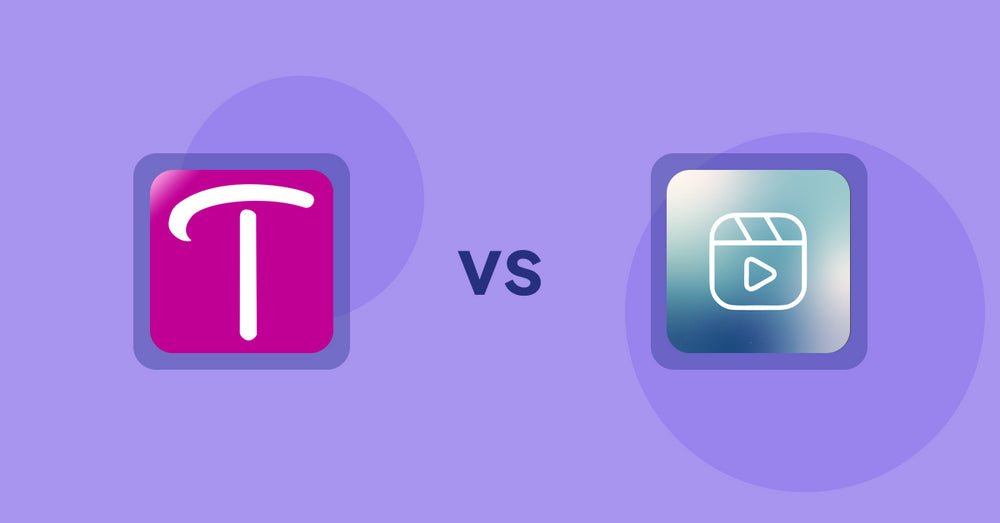
Shopify Product Display Apps: WS Transparency vs Reelify ‑ Shoppable Reel Video
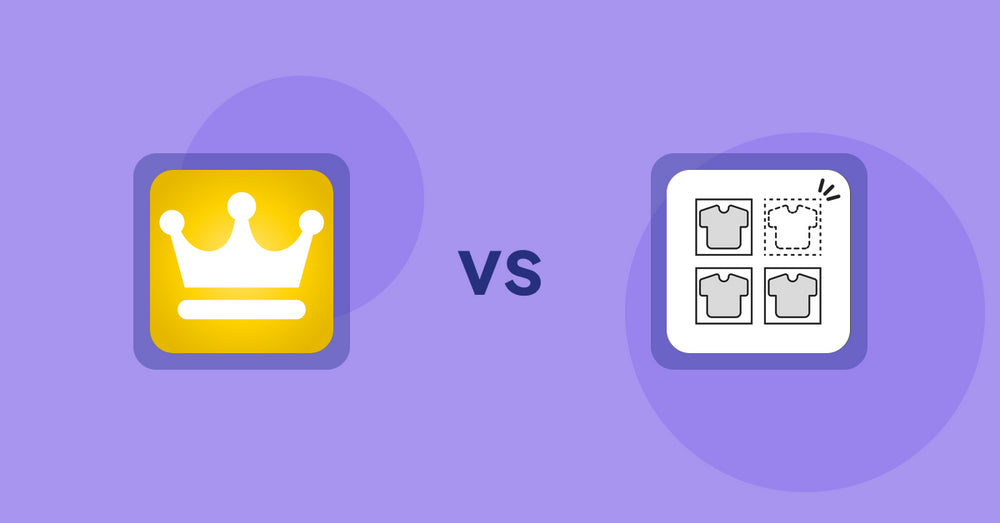
Shopify Product Display Apps: Awesome Ranking vs シンプル売り切れ非表示|在庫切れ商品の表示変更
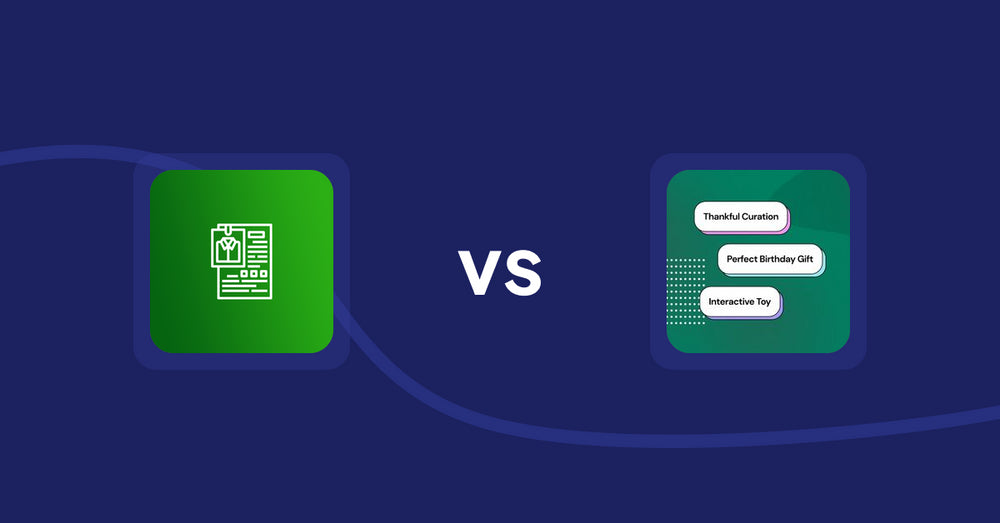
Shopify Product Display Apps: OC Product Size Chart vs FeatureFrame ‑ Pretty Product
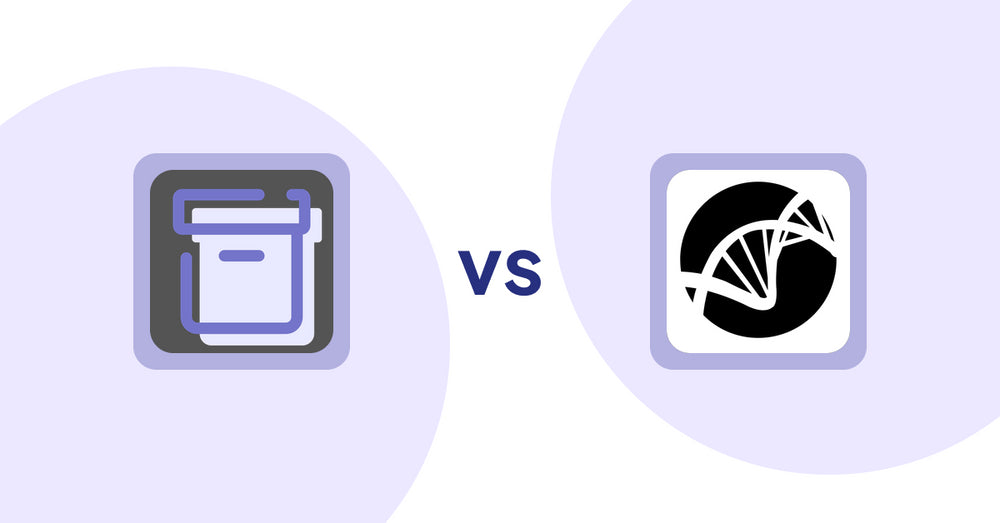
Shopify Product Display Apps: Shelfify vs Bike Matrix
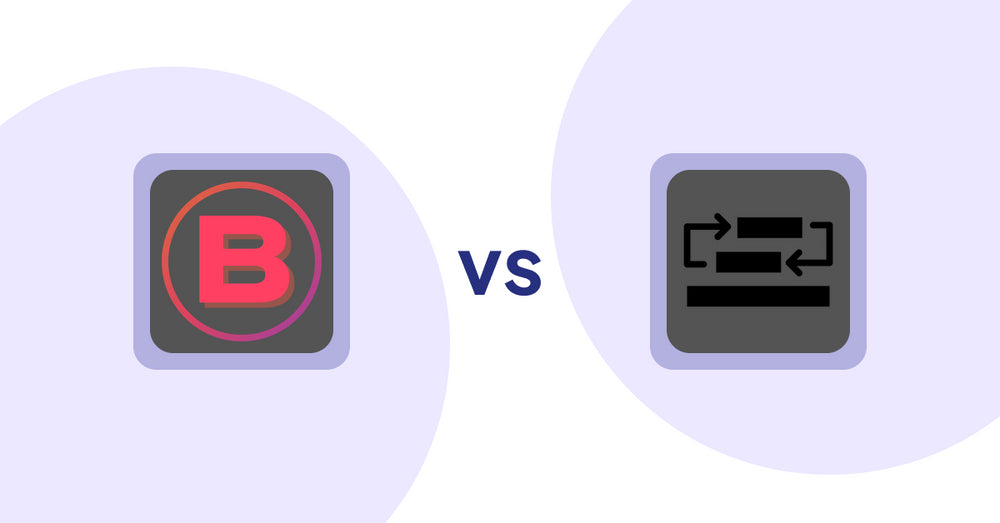
Shopify Product Display Apps: Banter Stories vs Sortyfi Collection Merchandise
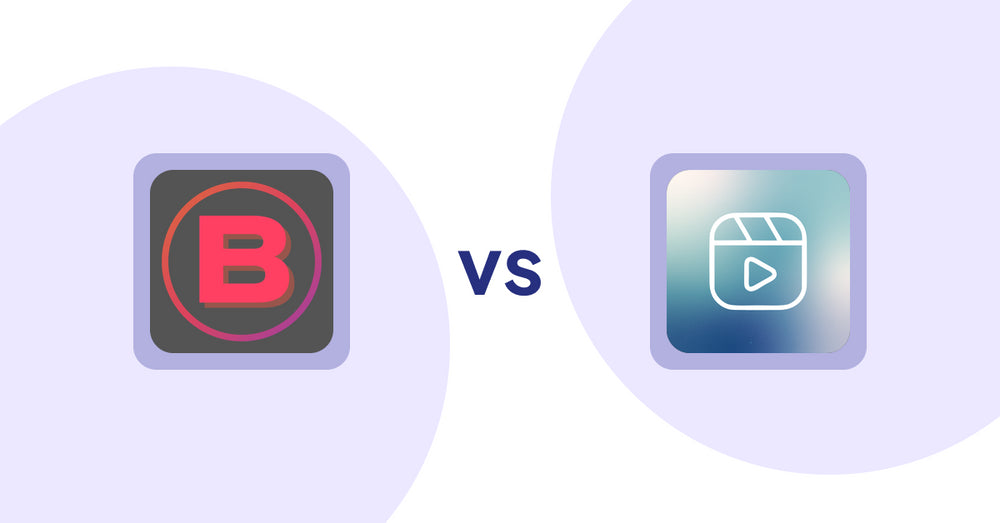
Shopify Product Display Apps: Banter Stories vs. Reelify ‑ Shoppable Reel Video
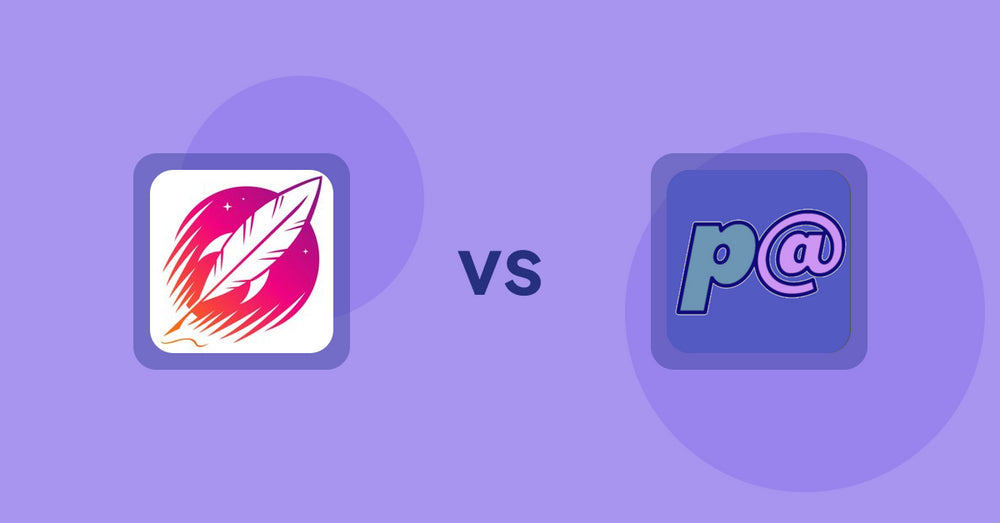
Shopify Product Display Apps: Wordsmith: Content Generator vs Parameterizer

Shopify Product Display Apps: Wordsmith: Content Generator vs Reelify ‑ Shoppable Reel Video
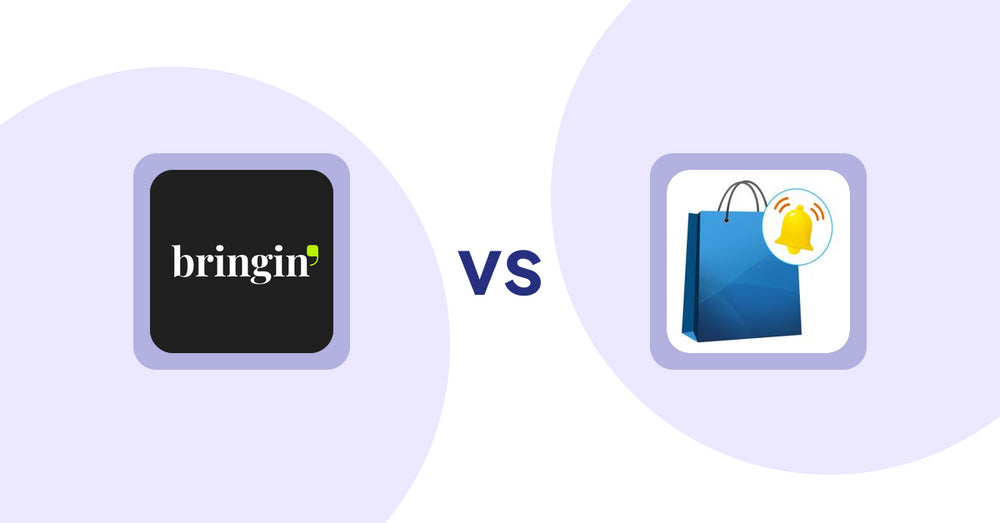
Shopify Product Display Apps: Bringin vs CartBar ‑ Product Purchase Bar
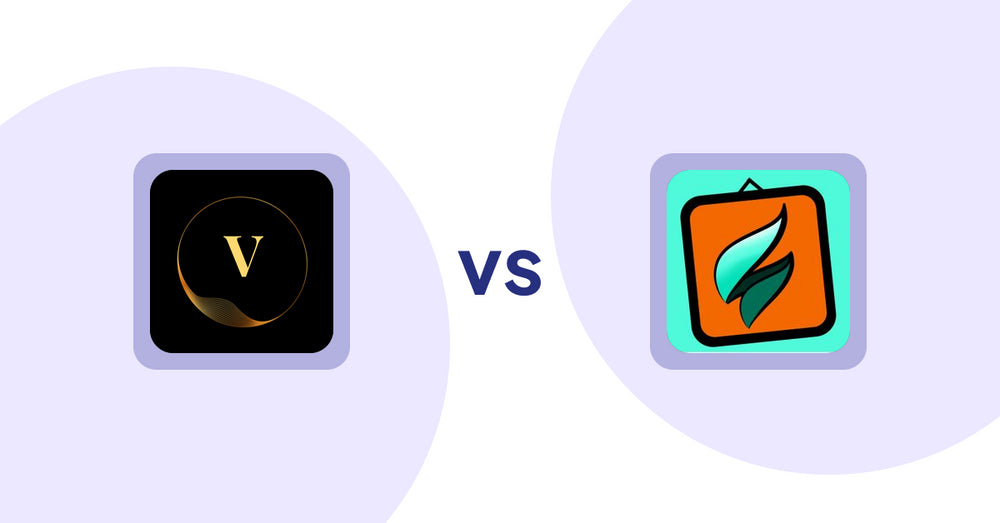
Shopify Product Display Apps: ProductTube vs SMART ‑ Art Product Builder
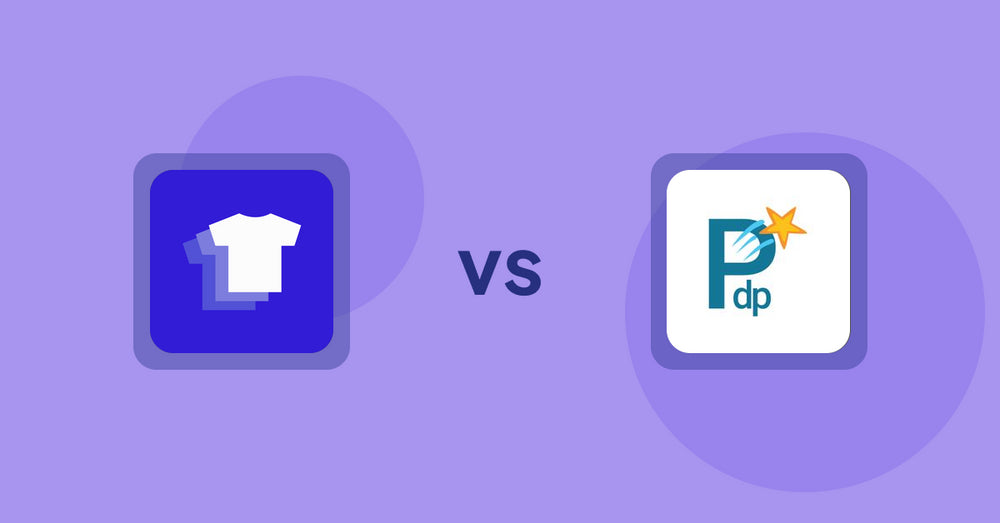
Shopify Product Display Apps: Xpander vs PDP Star
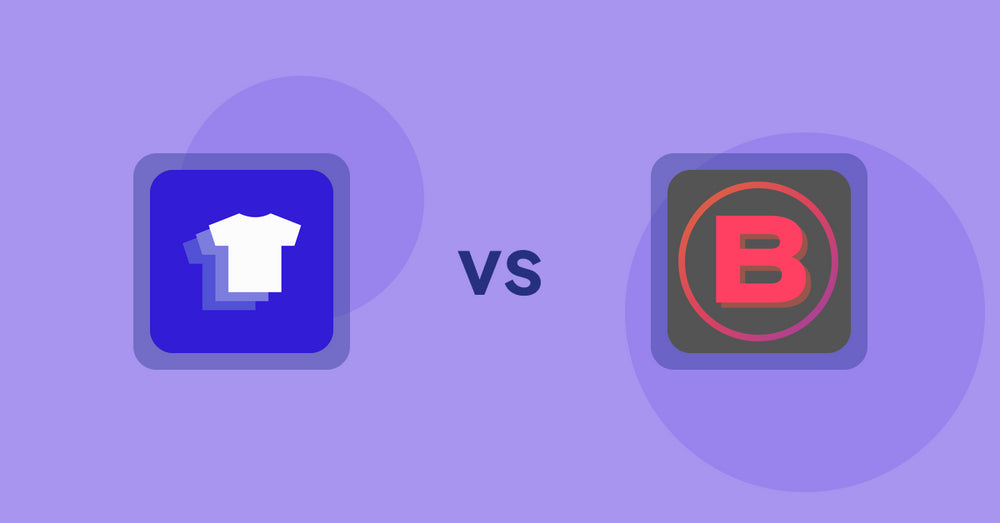
Shopify Product Display Apps: Xpander vs Banter Stories
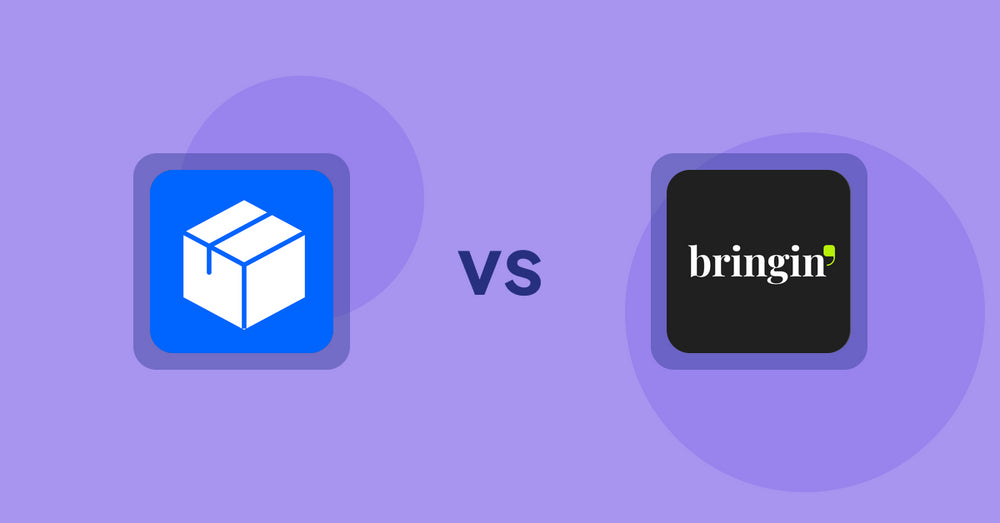
Shopify Product Display Apps: Wonderful Widgets vs Bringin
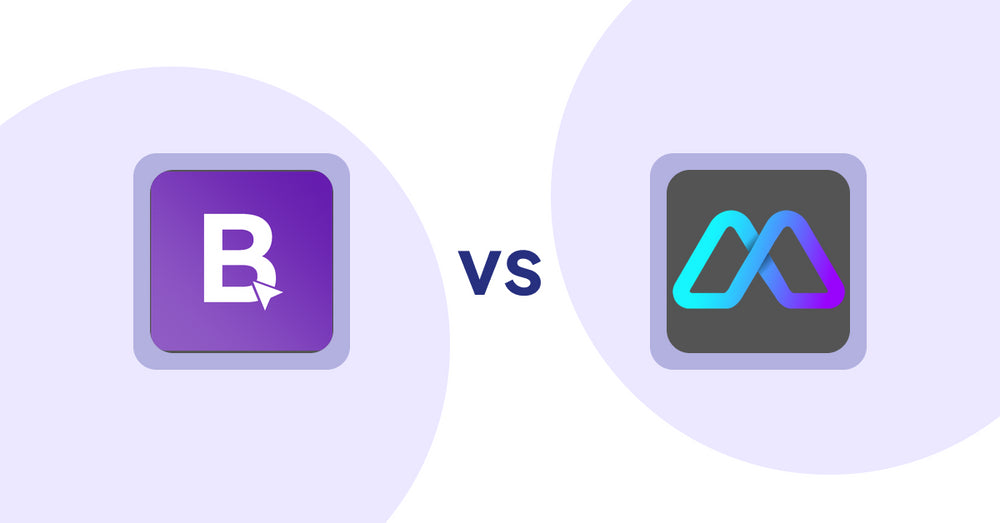
Shopify Product Display Apps: BookE - Rent Property & Service vs Metadrob: Create Virtual Store
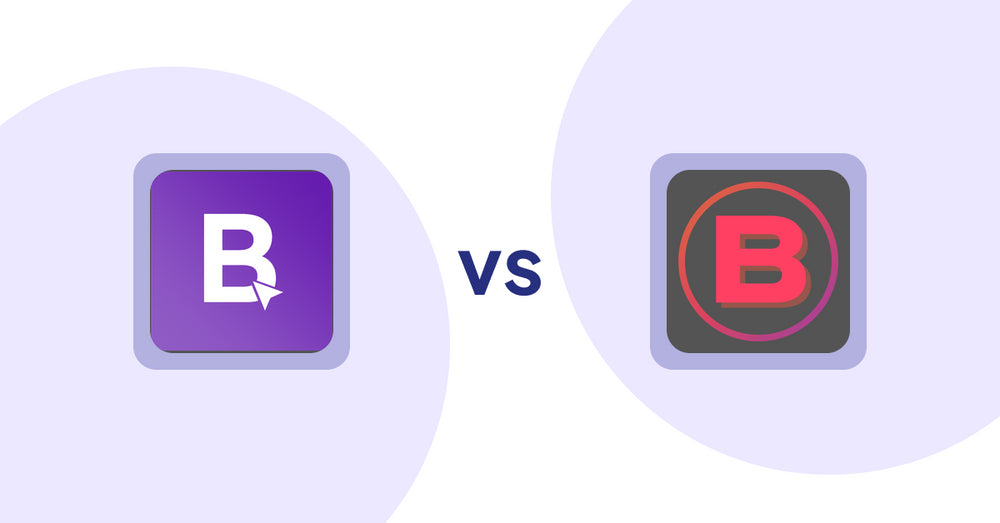
Shopify Product Display Apps: BookE ‑Rent Property & Service vs. Banter Stories
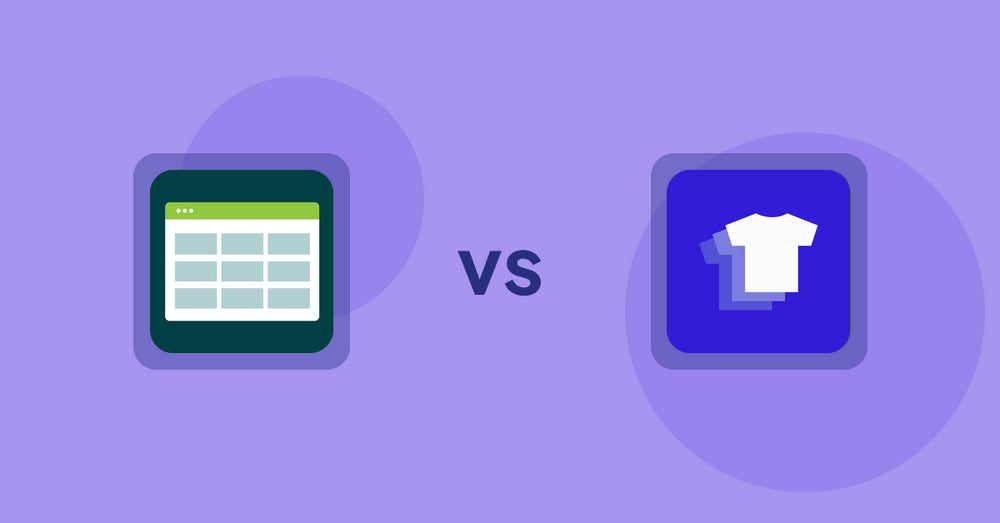
Shopify Product Display Apps: Product Table vs. Xpander
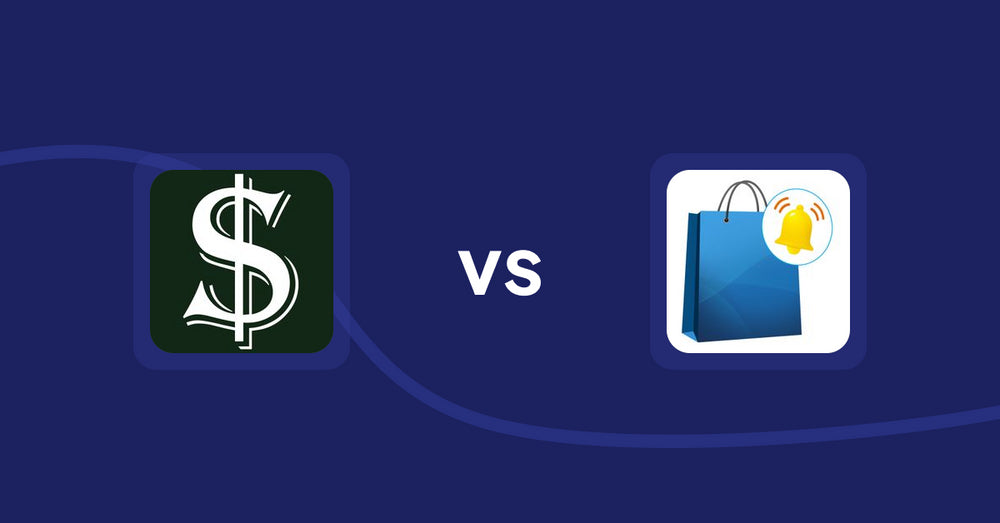
Shopify Product Display Apps: Selling Fast vs CartBar ‑ Product Purchase Bar
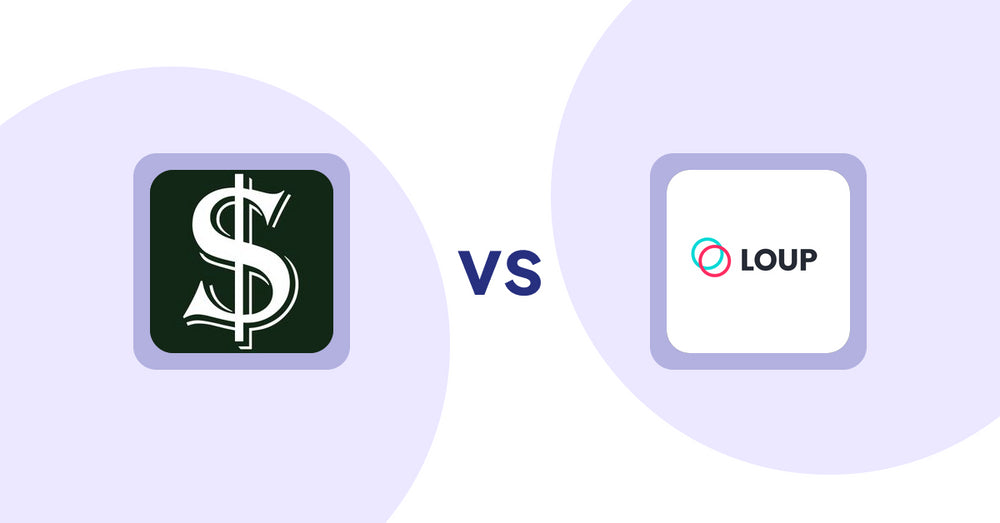
Shopify Product Display Apps: Selling Fast vs. Loup: Sell on Instagram
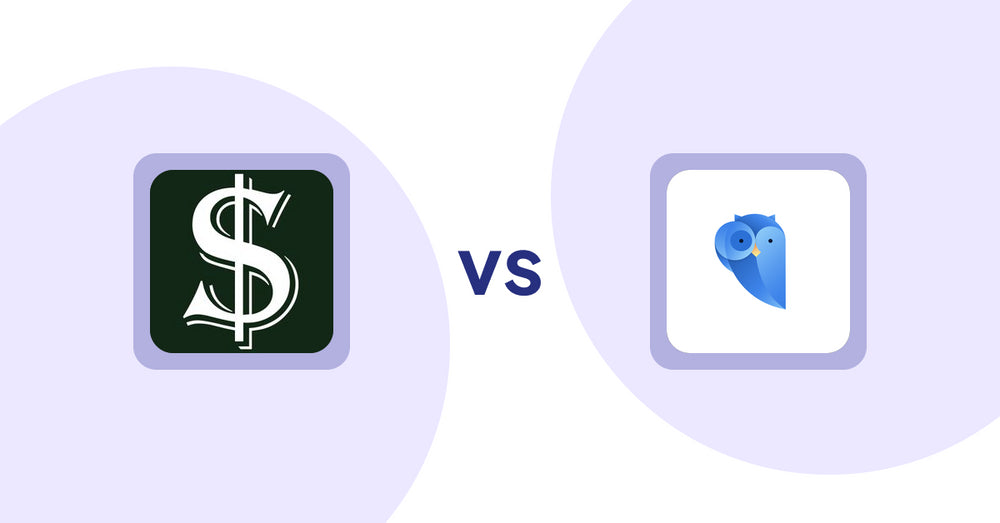
Shopify Product Display Apps: Selling Fast vs. Findify Search & Merchandise
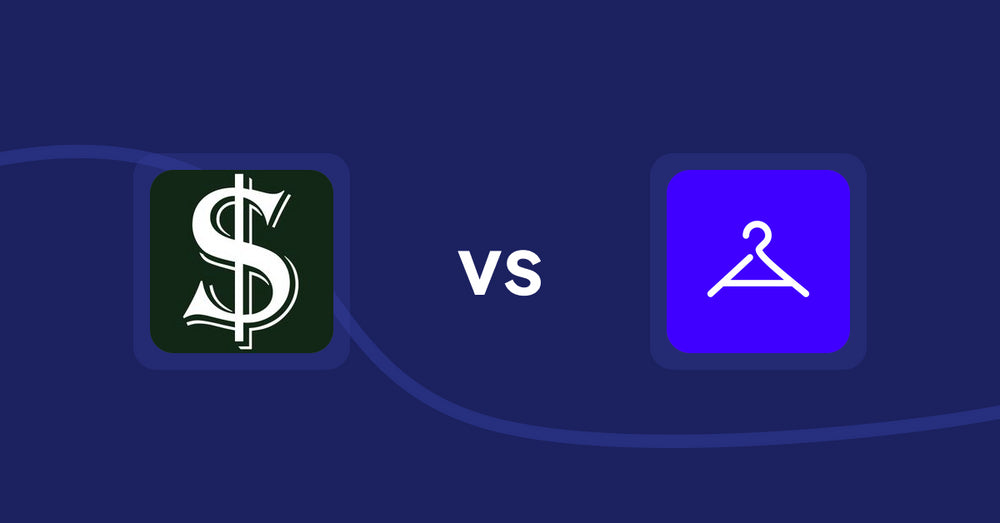
Shopify Product Display Apps: Selling Fast vs. Aiuta
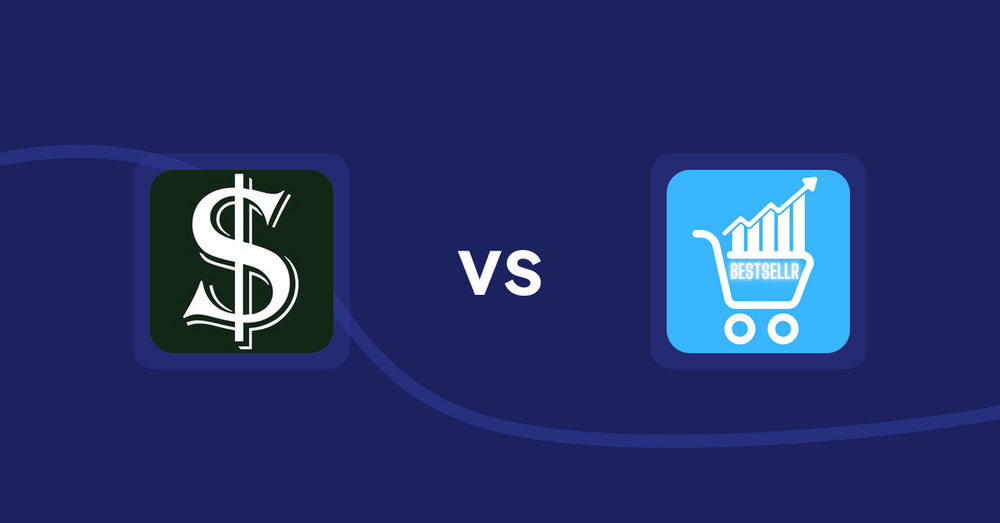
Shopify Product Display Apps: Selling Fast vs Bestsellr
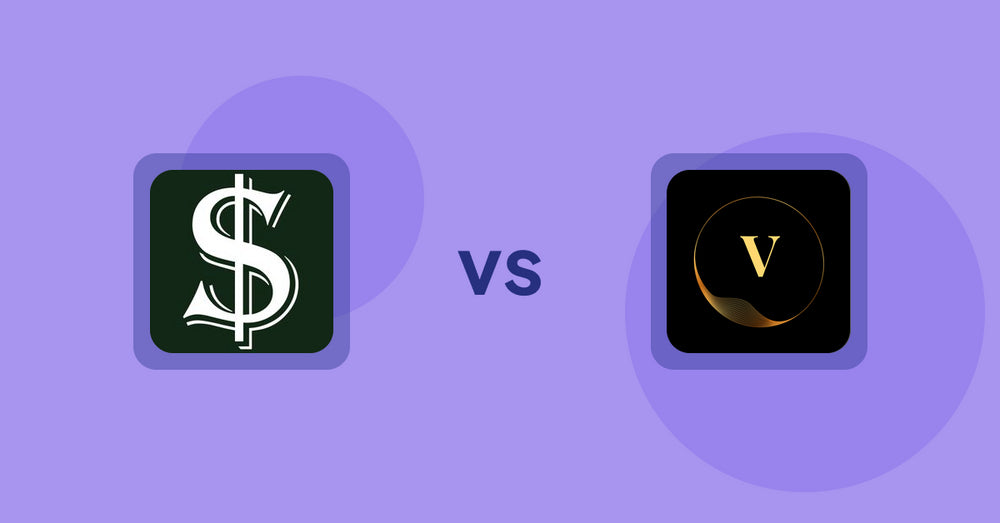
Shopify Product Display Apps: Selling Fast vs ProductTube
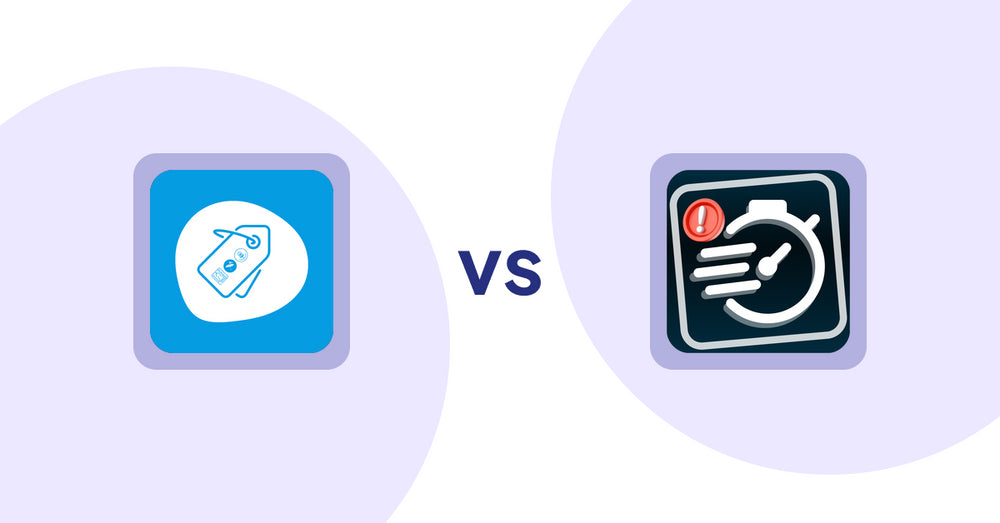
Shopify Product Display Apps: Extendons Product Tag Images vs Urgency! Low Stock Counter
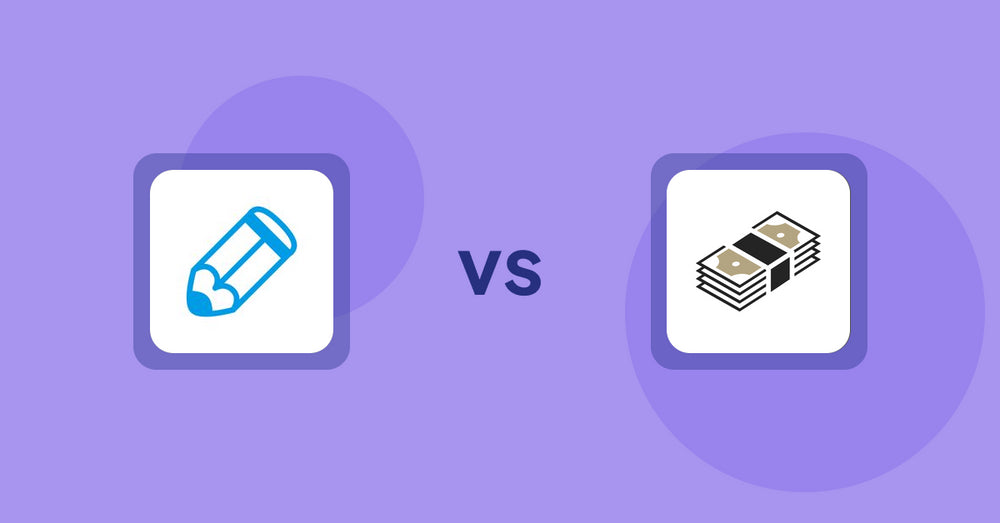
Shopify Product Display Apps: Writer Sofia vs シンプルクラウドファンディング|お手軽自社クラファン
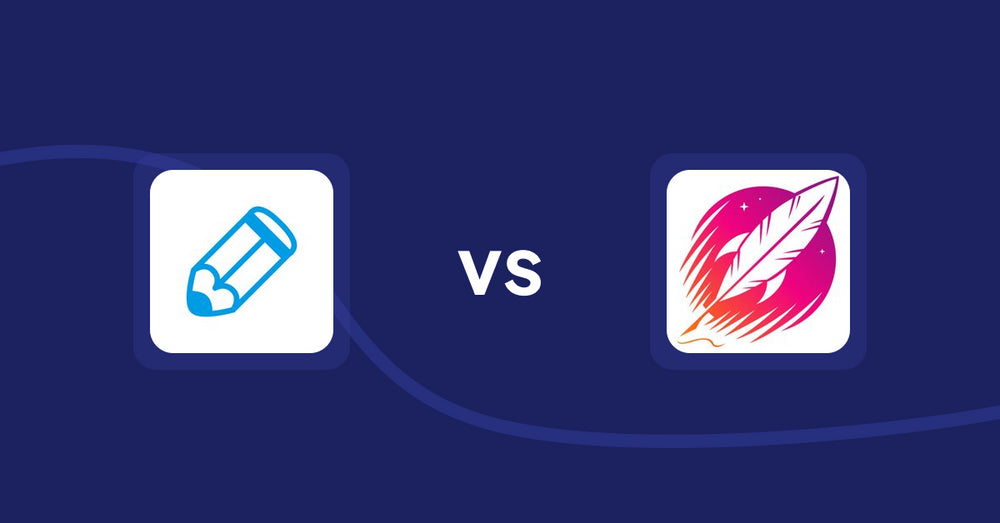
Shopify Product Display Apps: Writer Sofia vs Wordsmith: Content Generator
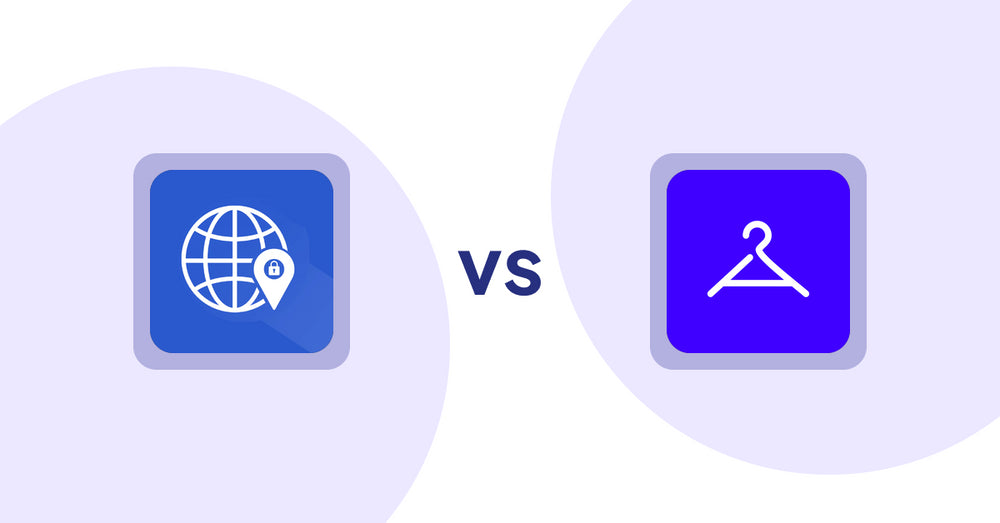
Shopify Product Display Apps: Addify ‑ Country Restrictions vs Aiuta
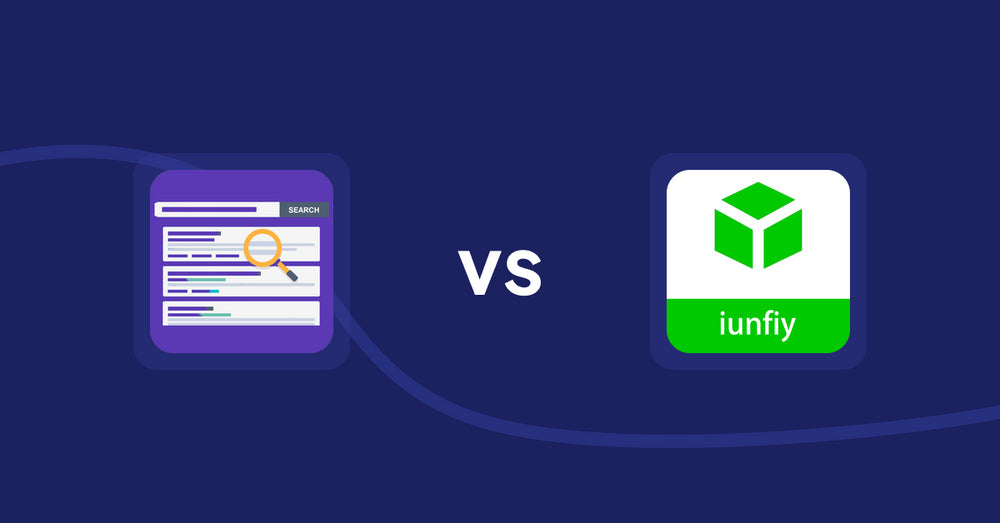
Shopify Product Display Apps: Spark AI Products Description vs iunfiy • Related Products
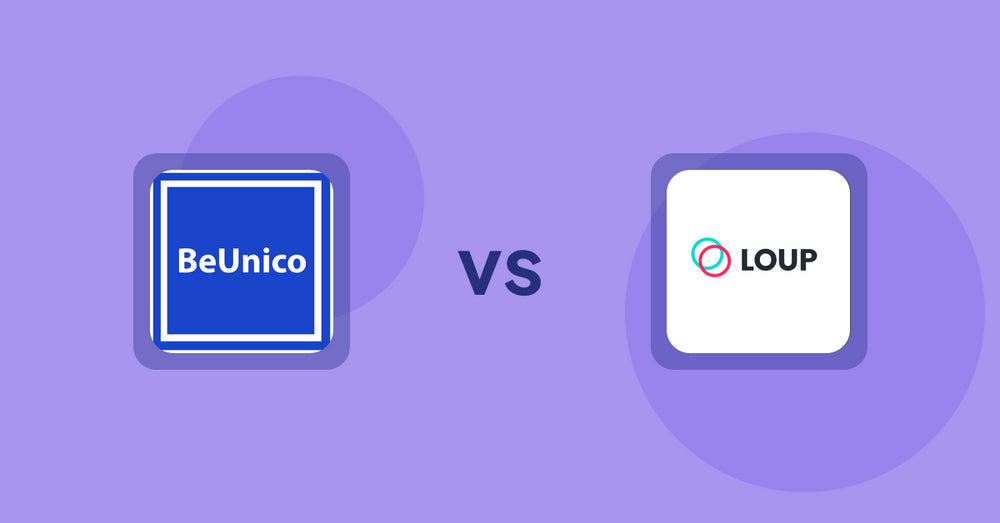
Shopify Product Display Apps: BeUnico vs Loup: Sell on Instagram
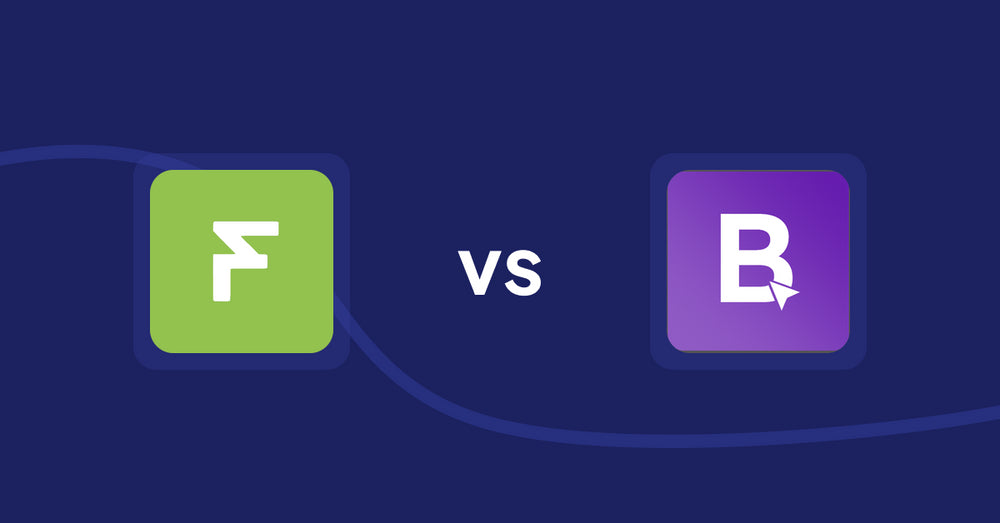
Shopify Product Display Apps: Easy Estimate Shipping vs BookE ‑Rent Property & Service
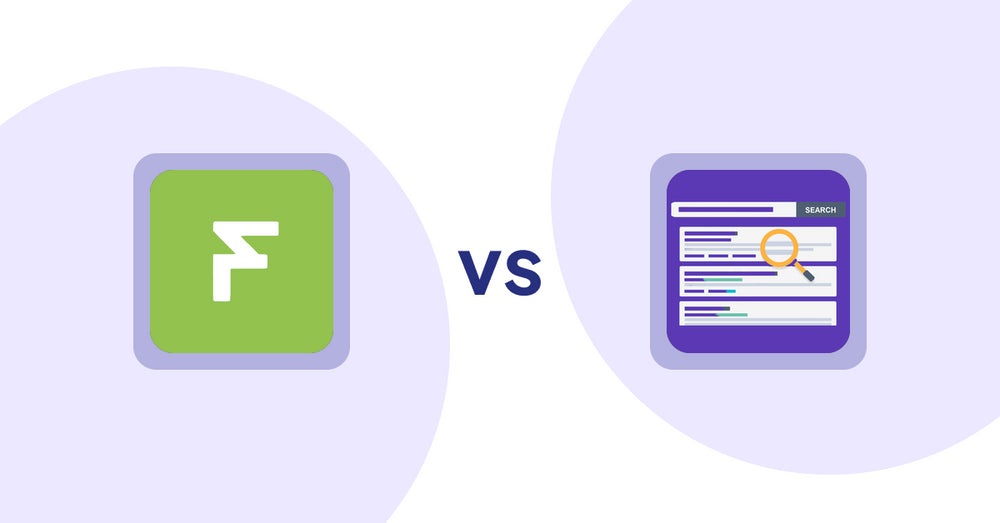
Shopify Product Display Apps: Easy Estimate Shipping vs. Spark AI Products Description
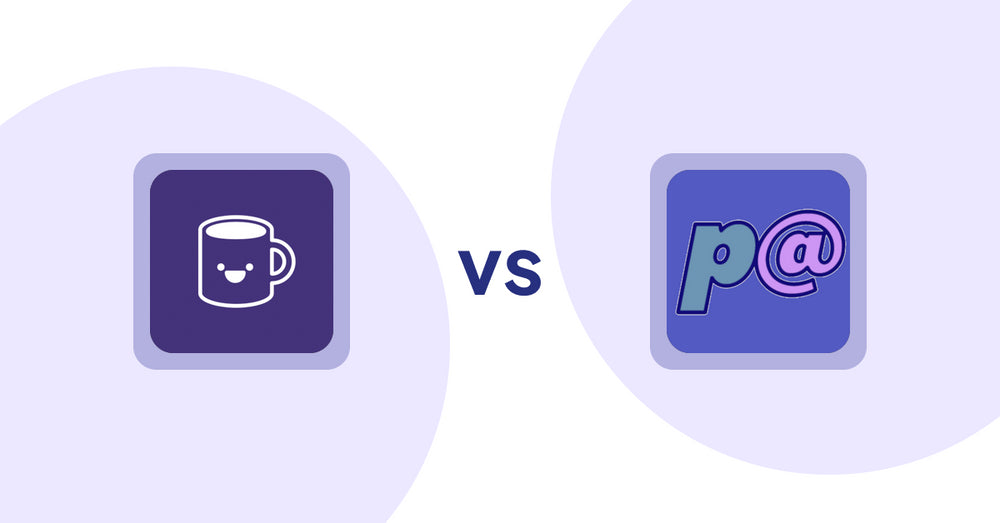
Shopify Product Display Apps: Mugshot Bot vs Parameterizer
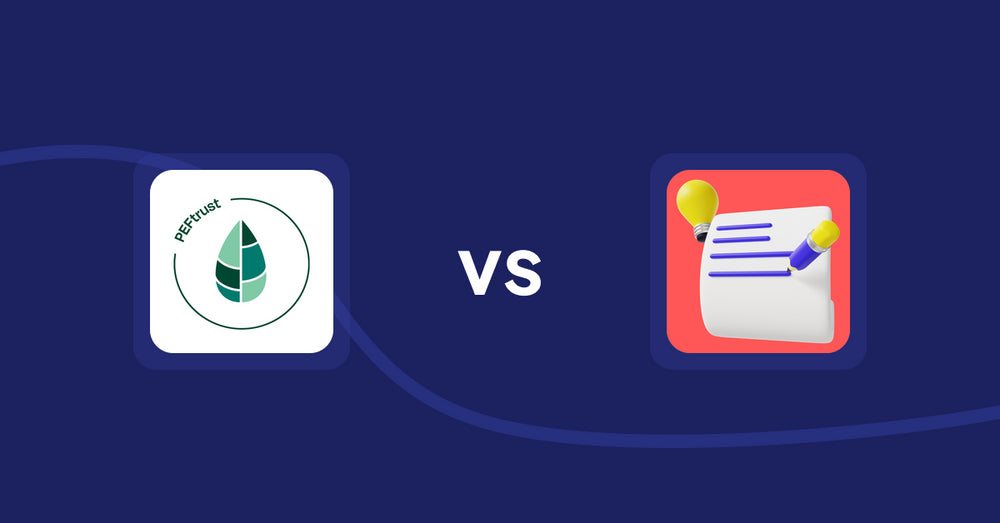
Shopify Product Display Apps: Peftrust vs. Wordo ‑ ChatGPT AI Description
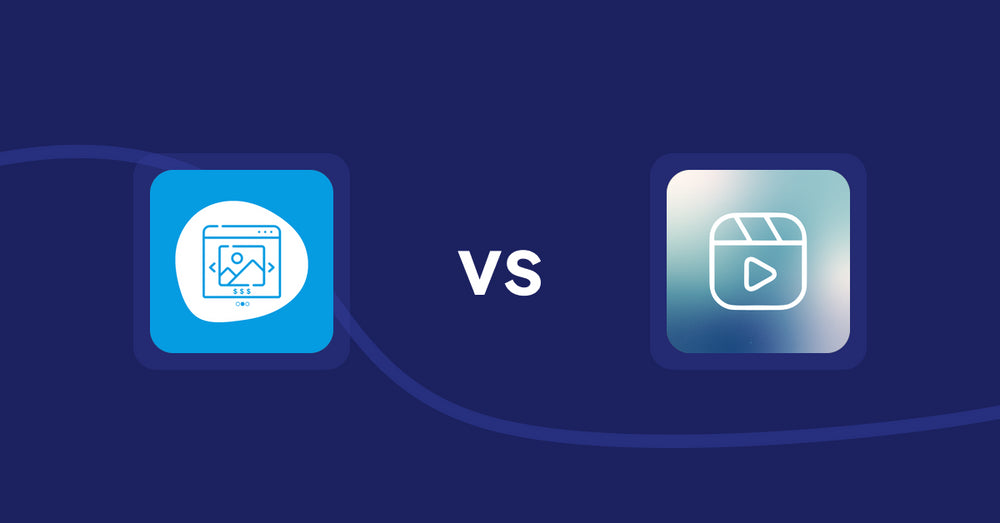
Shopify Product Display Apps: Quick Product Navigator Slide vs Reelify ‑ Shoppable Reel Video
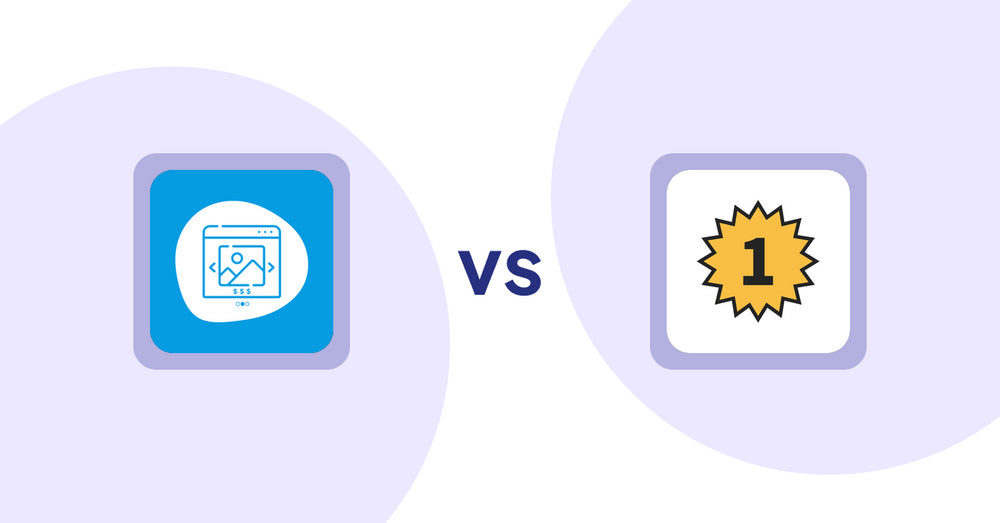
Shopify Product Display Apps: Quick Product Navigator Slide vs. UR: Smart Ranking
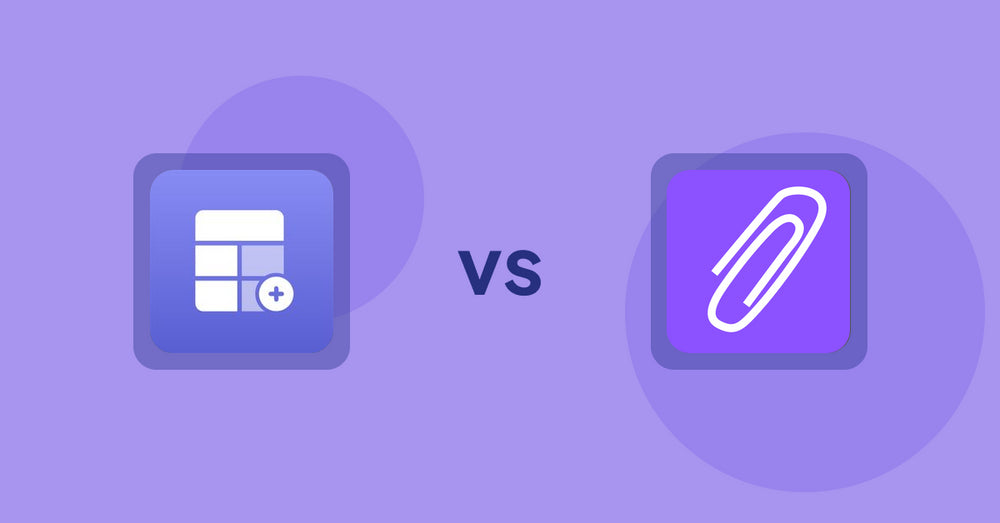
Shopify Product Display Apps: Eazy Specification Tags Table vs Agile Attachments
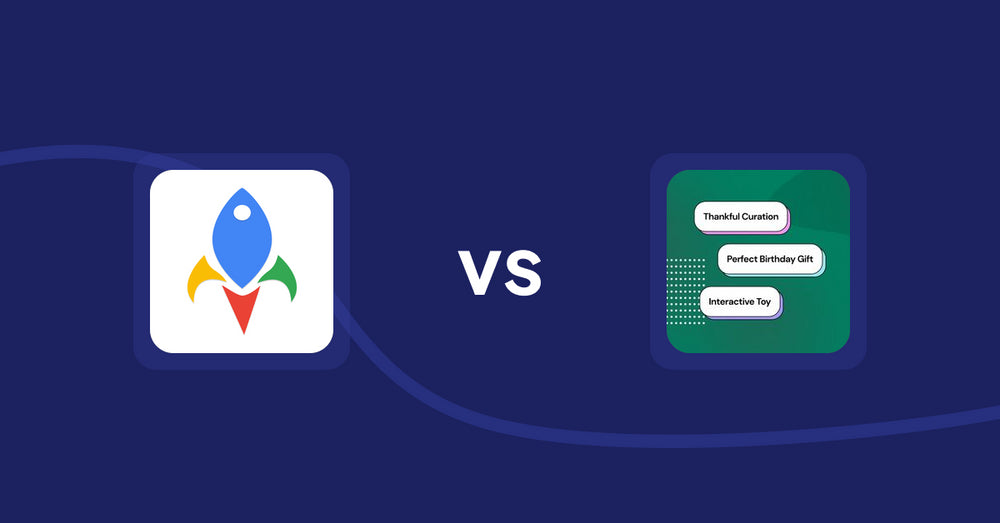
Shopify Product Display Apps: Jedi Back In Stock Admin Alert vs FeatureFrame ‑ Pretty Product
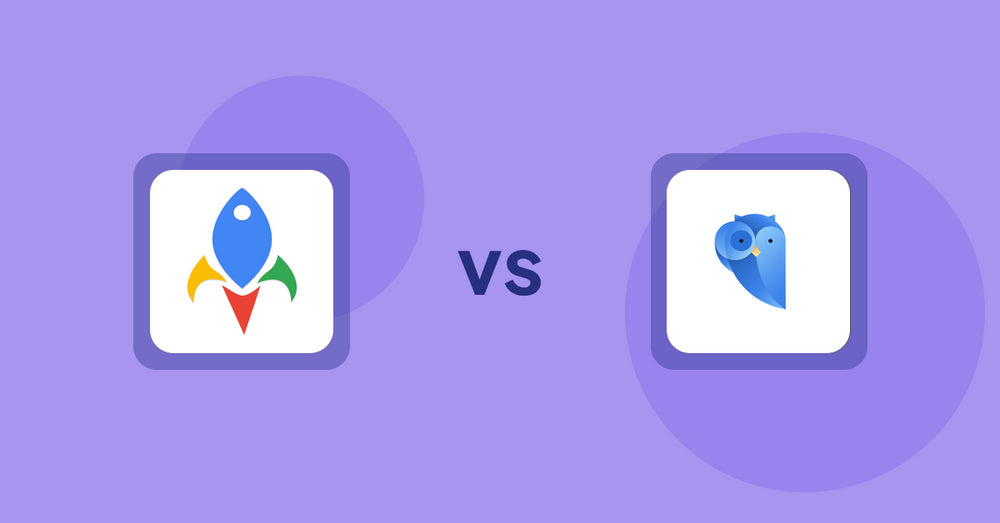
Shopify Product Display Apps: Jedi Back In Stock Admin Alert vs. Findify Search & Merchandise
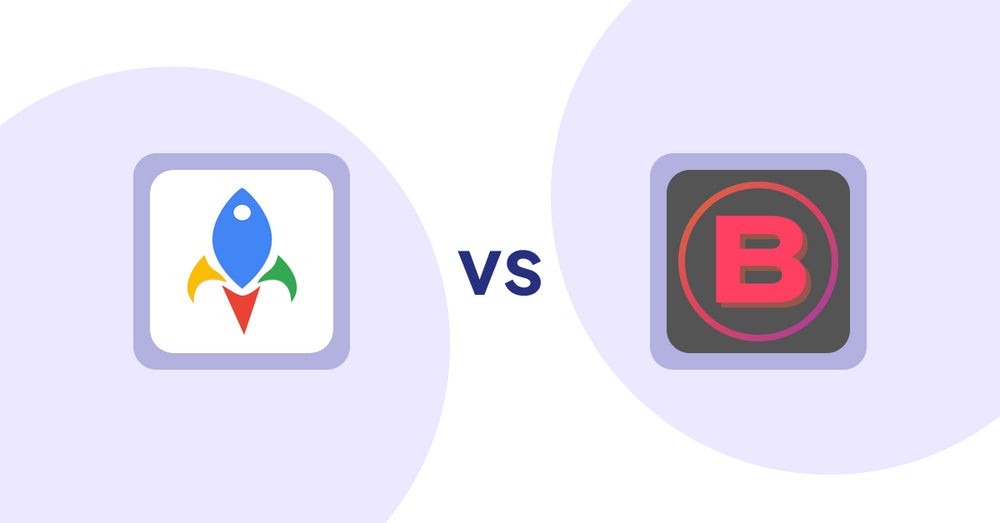
Shopify Product Display Apps: Jedi Back In Stock Admin Alert vs Banter Stories
